- No. 2 Street 623D, Phuoc Long B Ward, Thu Duc City, HCMC, Vietnam
- Admin@CTCinternimex.com
Current Situation And Solutions To Limit Impurities In Cashew Nuts
Vietnam's cashew industry has long affirmed its position on the global agricultural product map, with highly-regarded production volume and quality. However, in an increasingly competitive market with stringent food safety requirements, the issue of impurities in cashew nuts remains a significant challenge. Effectively controlling and eliminating various impurities not only directly impacts commercial value but also profoundly affects national brand reputation. This article provides an in-depth look at the current situation, analyzes the root causes, and proposes strategic solutions to shape a high-quality future for Vietnamese cashews.
Impurities are a major challenge, affecting the value and reputation of Vietnam's cashew industry.
- Reality of impurities: Includes organic, inorganic, and substandard nuts, harming quality and safety.
- Root causes: Arise from harvesting, initial processing, deep processing, and storage.
- Strategic solutions: Invest in technology, refine QMS, enhance human resources, and optimize the supply chain.
Controlling impurities is a key factor for the sustainable development of Vietnam's cashew industry.
Learn more about the uses in the article below.
I. The Reality of Impurities in Cashew Nuts: A Quality Bottleneck
Impurities in cashew nuts refer to any material that is not pure cashew kernel and is undesirable in the final product. They can be classified into several groups:
- Organic impurities: Leftover testa (skin), shell fragments, plant dust, straw, soil, sand, insects (live or dead), animal droppings.
- Inorganic impurities: Small stones, pebbles, metal fragments, glass, plastic, industrial dust.
- Substandard nuts: Discolored, moldy, insect-damaged, immature nuts, excessively broken pieces, or nuts that haven't been completely shelled.
The presence of these impurities not only diminishes sensory value, eroding trust from consumers and importing partners, but also poses potential health risks (e.g., poisoning from mold, dental damage from grit/metal) and affects the lifespan of processing equipment.
II. Analyzing the Root Causes of Impurity Contamination
The existence of impurities in cashew nuts is a consequence of a cumulative chain of factors throughout the entire process, from pre-production to the final packaging stage:
- Cultivation and Harvesting Stage:
- Manual harvesting practices: Traditional harvesting methods and direct drying on the ground are primary causes for raw cashews to be mixed with soil, sand, pebbles, and other plant debris.
- Environmental conditions: Rainstorms or rudimentary transportation methods can increase the amount of mechanical impurities.
- Initial Processing Stage (Raw Material):
- Crude screening equipment: Initial screening and sorting systems are often not efficient enough to thoroughly remove larger impurities before deep processing.
- Weak input quality control: A lack of strict inspection procedures for the quality and cleanliness of incoming raw materials.
- Deep Processing Stage (Shelling, Drying, Sorting, Roasting):
- Outdated/suboptimal shelling technology: Old machinery, or improper calibration, can lead to kernel breakage, creating numerous small fragments of testa and shell that are difficult to separate.
- Incomplete sorting and grading systems: Despite the presence of screening machines, the absence or sub-optimal use of color sorters and metal detectors represents a significant gap.
- Human factor: Errors in visual inspection or manual handling by workers due to lack of experience or concentration.
- Storage and Packaging Stage:
- Substandard storage conditions: High humidity, poor ventilation, and lack of pest control measures create conditions for secondary contamination from mold, insects, or rodents.
- Inadequate packaging materials: Packaging that isn't airtight, easily torn, or lacks proper moisture barriers can lead to moisture absorption or re-contamination from the environment.
III. Strategic Roadmap for Elevating Cashew Quality: Comprehensive Solutions
To overcome the impurity challenge, Vietnam's cashew industry requires a synchronized and comprehensive strategic roadmap, combining technological innovation, process optimization, and enhanced management capabilities:
Investment in and Application of Advanced Processing Technology:
- Automated shelling and testa-removal systems: Invest in modern shelling lines that use optical or pneumatic technology to minimize kernel breakage and maximize the removal of testa.
- Next-generation Color Sorters: This is a crucial technology for effectively removing defective nuts (discolored, moldy), immature nuts, and other impurities with distinct colors. The integration of AI into color sorters can further enhance accuracy.
- Metal detectors and X-ray systems: Mandatory installation at the end of the production process to detect and absolutely eliminate tiny metal fragments, bones, or other high-density foreign objects, ensuring ultimate consumer safety.
- Modern vibratory/air screening systems: Ensure effective separation of different sized particles and removal of dust and small debris.
Refining Quality Management Systems (QMS) to International Standards:
- Adoption and maintenance of certifications: International food safety standards such as HACCP, ISO 22000, BRCGS, FSSC 22000 are essential. These certifications provide a comprehensive framework for controlling all food safety and quality risks.
- In-process Quality Control: Establish Critical Control Points (CCP) and Quality Control Points (QCP) from raw material intake through each processing step to the final product to promptly detect and address issues.
- Regular Analysis and Testing: Conduct periodic physical-chemical and microbiological tests on finished products and the production environment to identify potential problems early.
Enhancing Human Resource Capabilities:
- In-depth training: Regularly train workers on standard operating procedures for machinery, visual inspection techniques, personal hygiene, and industrial hygiene practices.
- Building a quality culture: Foster a "quality-first" mindset throughout the entire production chain, encouraging proactive detection and reporting of impurity-related issues by workers.
Optimizing Supply Chain and Storage:
- Close collaboration with raw material regions: Guide farmers on proper harvesting, pre-processing, and storage methods for raw cashews to minimize impurities from the outset.
- Investment in GMP-compliant warehouses: Warehouses must be dry, well-ventilated, clean, and equipped with effective temperature and humidity control systems, as well as pest and rodent prevention measures.
- Smart packaging solutions: Utilize high-quality packaging materials with protective features (moisture barrier, oxygen barrier, insect ingress prevention) and automated packaging technology to minimize the possibility of re-contamination.
Controlling impurities in cashew nuts is not merely a technical task but a crucial strategy for the sustainable development of Vietnam's cashew industry. By focusing on investing in modern technology, building stringent quality management systems, enhancing human capabilities, and optimizing the supply chain, cashew processing enterprises can not only meet but also surpass international standards, solidifying the position of Vietnamese cashews as a premium, safe, and reliable product in the global market.
CTC International Import Export Joint Stock Company (CTC Internimex JSC) is a company specializing in the processing, production, and export of agricultural and forestry products from Vietnam to all over the world.
With nearly 20 years of experience in manufacturing and trading, we are committed to providing you with:
- The best quality products to meet all technical requirements.
- Quality assurance as per your requirements, with third-party inspections by SGS, Vinacontrol, Intertek, etc.
- The best prices.
- Optimized transportation costs and safe cargo through the use of reliable and experienced freight forwarders.
- Diverse shipping methods (EXW, FOB, CNF, CIF, DDP, etc.)
- Various payment methods (TT, L/C, etc.)
👉👉 We update the prices of various agricultural products every Monday.
You can refer to them at this link: Vietnam Agri-Exports: Weekly Price Updates
*** If you need to learn more about any specific product, please contact us right away. We are ready to assist you whenever you need us.
✨Big Promotion From Ctc Internimex Jsc For You 🌏✨
Partner With Ctc Internimex Jsc And Receive Even More Special Offers:
🍀 Free Sample
🍀 We Will Help You Get Import Tax Exemption
🍀 Oem Processing / Custom Design
🍀 Cheap Shipping👉👉 More details here: Big promotion from CTC internimex JSC for you
Contact our team of experts today for assistance with product information, competitive pricing, and logistics solutions for Vietnamese agricultural products.
Contact Information:
- Head office: No. 2 Street 623D, Phuoc Long B Ward, Thu Duc City, HCMC, Vietnam
- Hotline/WhatsApp: (+84) 944 772 339 / (+84) 393 887 377
- Email: Admin@CTCinternimex.com
- Search on Google Maps: Here
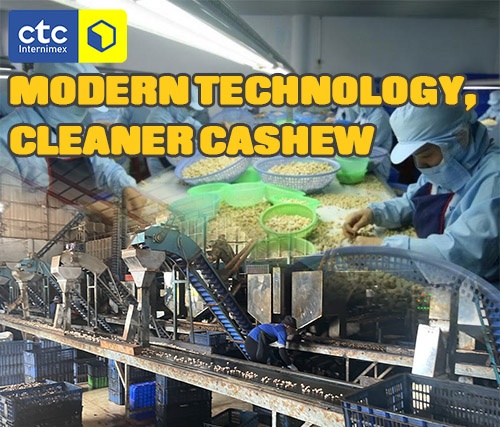 Current Situation And Solutions To Limit Impurities In Cashew Nuts
Current Situation And Solutions To Limit Impurities In Cashew Nuts
Are you seeking international business partnership opportunities with unprecedented benefits? CTC Internimex JSC, your trusted partner in Vietnam, presents a special promotion designed to help you optimize costs and expand your market effectively.
Chia sẻ:


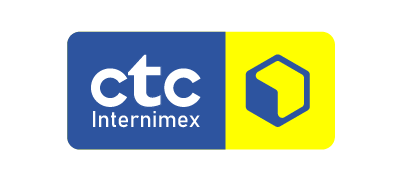

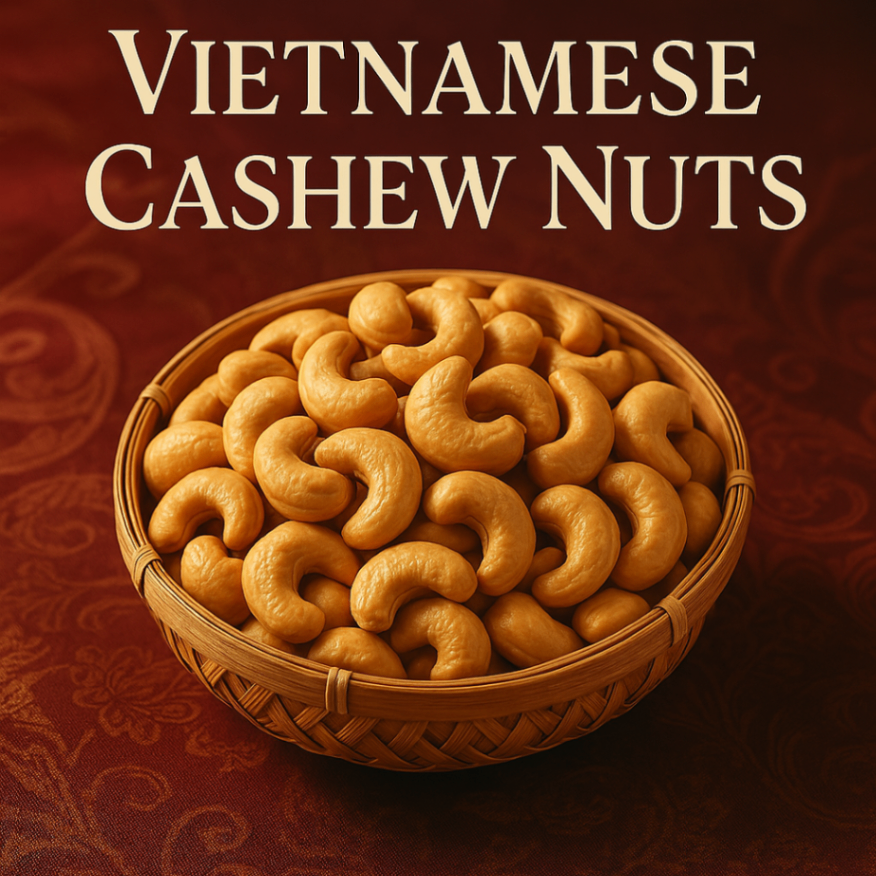

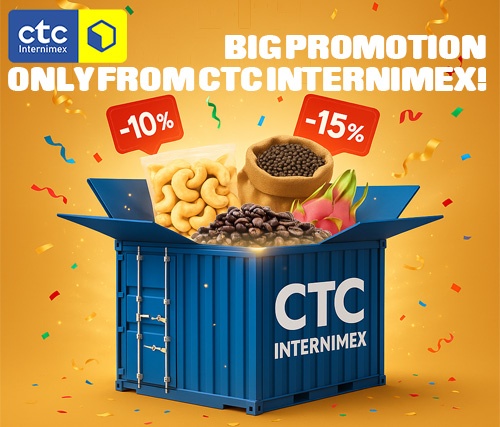
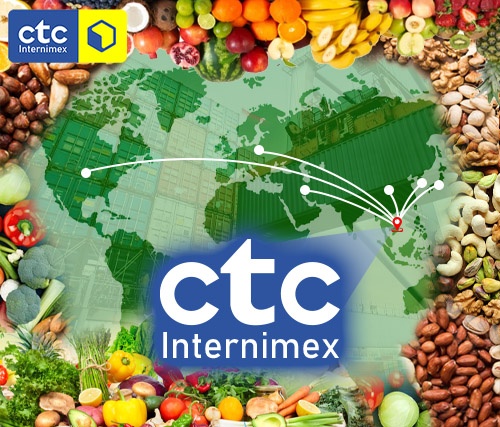
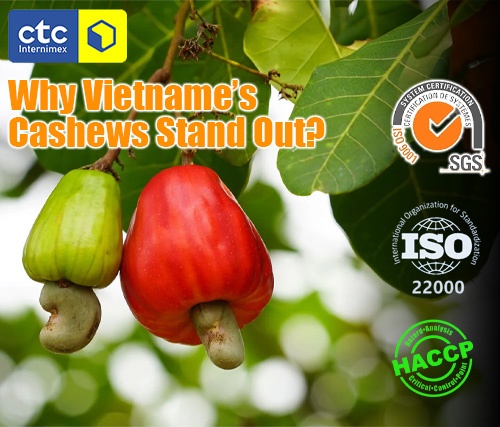




Comment